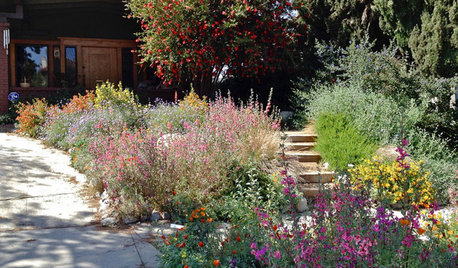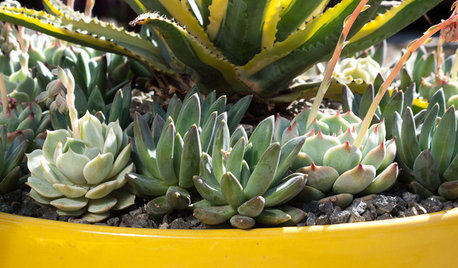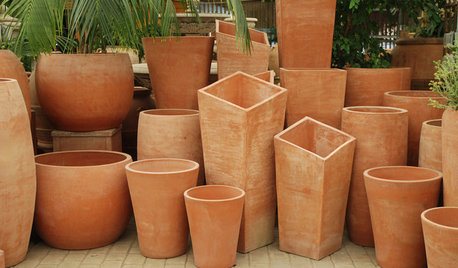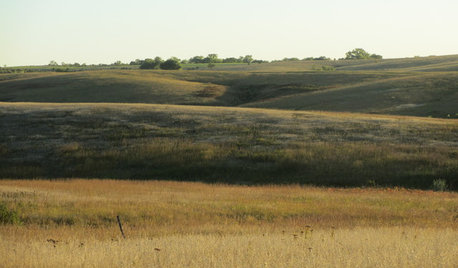Plant info rarely contains safety concerns
lavender_lass
13 years ago
Related Stories

ARTShow News: Rare Quilts Get Museum Time
See 6 intricate designs from a California exhibition and get tips for building your own quilt collection
Full Story
INSPIRING GARDENSNative Plants Bring 10 Southern California Front-Yard Gardens to Life
Rare plants, rain gardens and wildlife habitats are just a few of the features showcased on the 2016 Theodore Payne Native Plant Garden Tour
Full Story
CONTAINER GARDENS3 Steps to Creating Quick, Easy and Colorful Succulent Containers
Take a bright container, add a colorful succulent or two and have a professional, summery design in minutes
Full Story
FARM YOUR YARDHow to Grow Vegetables in Containers
Get glorious vegetables and fruits on your patio with a pro’s guidance — including his personal recipe for potting mix
Full Story
SELLING YOUR HOUSEThe Latest Info on Renovating Your Home to Sell
Pro advice about where to put your remodeling dollars for success in selling your home
Full Story
CONTAINER GARDENSFreshen Up the Bath With Lush and Healthy Plants
Learn how to choose and care for plants that will do well in your space
Full Story
CONTAINER GARDENSBeat the Frost With Natural Terra-Cotta Containers
Here's how to protect your pots during the cold winter months
Full Story
ARCHITECTUREHouzz Tour: Shipping Containers Make for an Unusual Home
Recycling hits the big time as a general contractor turns 4 metal boxes into a decidedly different living space
Full Story
LANDSCAPE DESIGNGreat Design Plant: Sun-Loving Bougainvillea Showers Yards With Color
Bring unbeatable vibrancy to a garden or wall with this unfussy and trainable shrub packed with colorful bracts
Full Story
GARDENING GUIDESHow to Get Your Prairie On
Have a field day with your landscape, even if you've got just a few modern containers on a paved path
Full Story





girlgroupgirl
agardenstateof_mind
Related Professionals
Maple Valley Landscape Architects & Landscape Designers · Simpsonville Landscape Architects & Landscape Designers · Milwaukee Landscape Architects & Landscape Designers · Franklin Landscape Contractors · Little Ferry Landscape Contractors · Pine Hills Landscape Contractors · Holland Roofing & Gutters · South Pasadena Roofing & Gutters · Annapolis Siding & Exteriors · Framingham Siding & Exteriors · Perth Amboy Siding & Exteriors · Saint Petersburg Siding & Exteriors · Silver Spring Siding & Exteriors · South Laurel Siding & Exteriors · Wheeling Siding & Exteriorsflora_uk
snowgardener
girlgroupgirl
lavender_lassOriginal Author
goldenpond
agardenstateof_mind
lavender_lassOriginal Author
krycek1984
irene_dsc
ianna
krycek1984
goldenpond
cedarglen
HerbLady49
lavender_lassOriginal Author
goldenpond
krycek1984
lily51